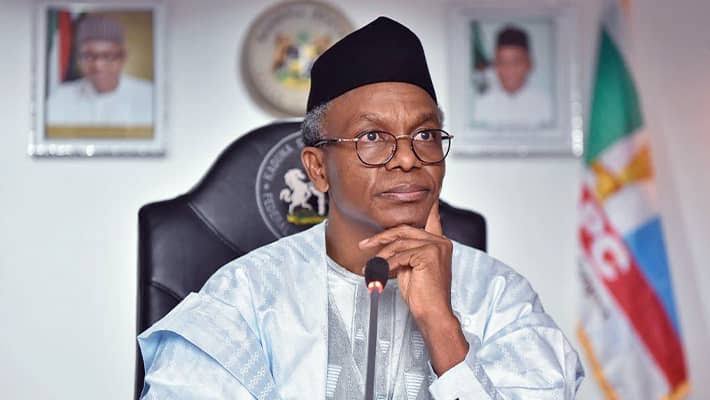There is growing concern among stakeholders in Kaduna State regarding the alleged inequitable allocation of the $350 million World Bank loan secured by the previous administration under former Governor Nasir El-Rufai.
A number of local government areas in the state, particularly 12 of them, are said to have been most impacted by the alleged mismanagement of funds, despite the promises made by El-Rufai’s administration to improve infrastructure through the Urban Renewal Road projects.
According to investigations by Arewa PUNCH, although repayments on the $350 million loan continue, not a single road has been completed in the affected areas.
These local governments, many of which are among the state’s poorest, include Birnin Gwari, Giwa, Ikara, Jaba, Kagarko, Kajuru, Kauru, Kudan, Makarfi, Sanga, Soba, and Zangon Kataf.
Sources revealed that several projects in these areas either stalled after initial launches or were abandoned entirely, raising concerns among civil society groups and opposition lawmakers.
There is growing pressure for an investigation into the loan’s management and the fairness of how the infrastructure funds were distributed.
Comrade Phelimon Andrew, a transparency advocate from Zango-Kataf, has urged the government to conduct a thorough audit of the Urban Renewal Programme.
“Communities deserve clarity on where the funds went. We cannot continue to take loans for political gain,” he said.
Although the loan was intended to fund El-Rufai’s grand vision of modernizing both urban and rural infrastructure in the state, many of the projects have been executed in a disproportionate manner, leaving roads incomplete or in poor condition.
Residents have expressed frustration over the neglected projects, citing the negative impact on their daily lives.
Musa Yakubu, an okada rider in Sabo Tasha, said, “This road was supposed to be finished years ago. Now, it’s just a dust pit in the dry season and a muddy mess when it rains. It costs us more to fix our vehicles than to make a profit.”
Business owners such as Gimbiya Musa, whose shop is near an abandoned road project, also voiced their concerns.
“Since the roadwork was started and then left incomplete, our business has dropped by more than 50%. Customers avoid this area now,” she explained.
In the Zango Kataf Local Government Area, community leaders have pointed out that children now play on half-built roads, and open drains designed to alleviate stormwater have become dumping grounds.
For many residents, these unfinished projects are a symbol of the neglect they feel.
“El-Rufai promised to transform Kaduna, but instead, we were left with potholes and traffic jams,” said Fatima Bello, a school teacher.
Garba Habibu, a resident of Birnin Gwari, called on the current administration to investigate the fate of the $350 million loan, stating, “The people of Kaduna deserve to know the truth.”
A senior government insider confirmed that the vast majority of the projects funded by the loan were concentrated in Kaduna North, leaving the South and Central zones with incomplete and deteriorating infrastructure.
“No project in these areas was completed, and some didn’t even see contractors on-site,” the official revealed.
Community leaders in the affected local governments are now demanding urgent intervention, warning that continued neglect could lead to growing discontent. Efforts to obtain a statement from Governor Uba Sani’s administration regarding the issue were unsuccessful by the time of publication.
